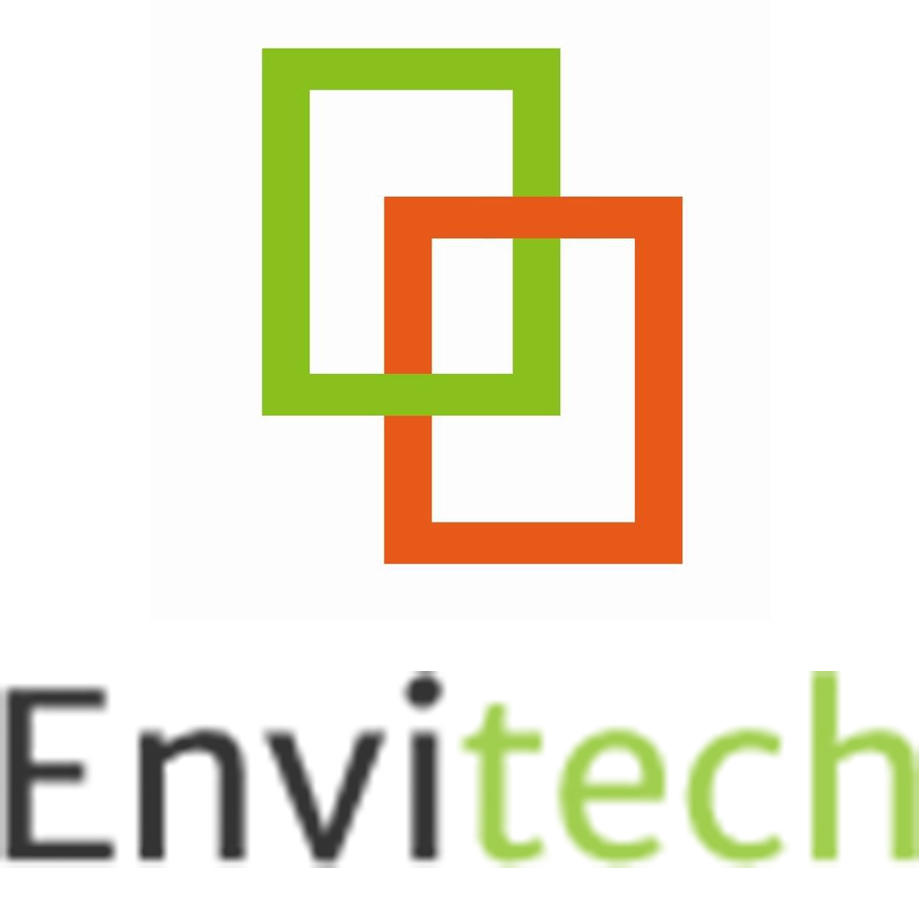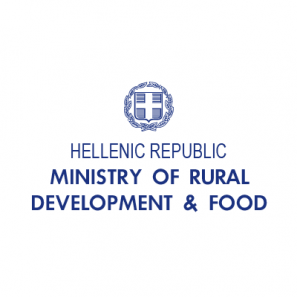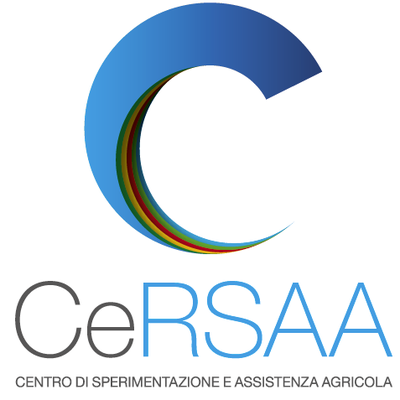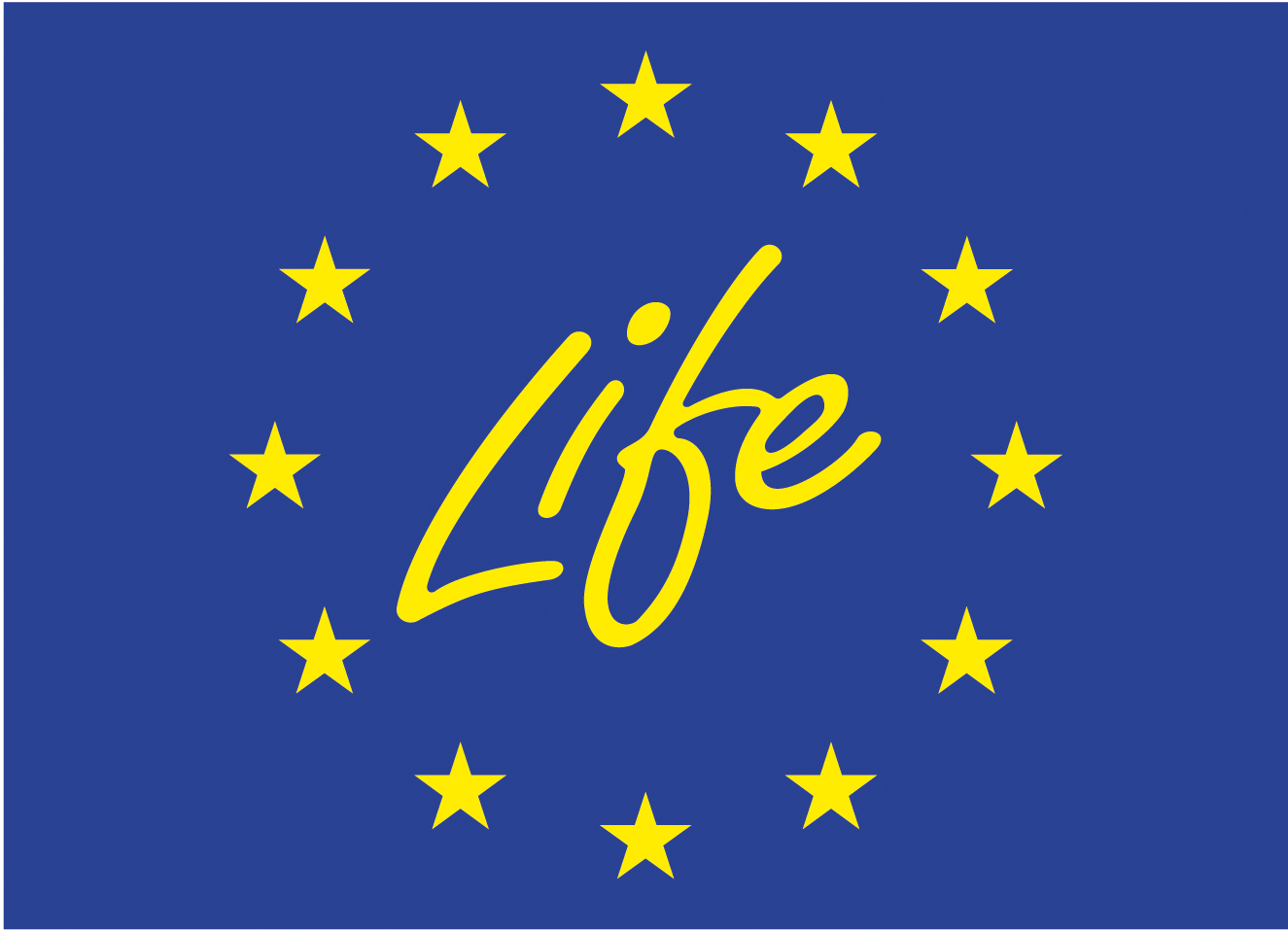Agriculture has a major economic importance for entire Europe and constitutes an important source of employment, especially in regions where it still remains today the major activity. Conservation of the European agricultural potential under the threat of climate change constitutes a challenge for maintaining the social and economic structure of societies.
The challenge when implementing climate change mitigation plans in agricultural sector is to ensure Greenhouse Gases (GHGs) reduction and Soil Organic Carbon (SOC) stock preservation/increase, while at the same safeguarding sustainable growth that will enhance well-being by pursuing economic growth and preventing environment degradation. This is crucial, especially for the Mediterranean region, which is one of the most vulnerable areas in Europe, being already under multiple pressures such as desertification, water shortage and persistent urbanization.
ClimaMED will provide technologies and tools to measure, evaluate and report GHGs emissions and SOC sequestration from agricultural land with a strong potential to be implemented to many other sectors (e.g. forests, tourism, livestock farming).
In specific, LIFE ClimaMED aims at developing and delivering innovative, reliable, rapid and cost effective technologies of Tier 3 level for the on-site measurement of CO2, CH4 and N2O emissions and SOC stock changes from agricultural fields at real time, in order to assist scientists, public authorities and policy makers in collecting, quantifying, evaluating, mapping and reporting spatial data for GHGs emissions and SOC stock changes from the Mediterranean agricultural sector.
This will be achieved through the:
- development and demonstration of a methodology for real time GHGs measurement using an innovative LIDAR device,
- development and demonstration of a methodology for the identification of SOC stock changes which combines the use of multispectral cameras and soil/crops analyses,
- development of a GIS-based web platform (i.e. a Center of GHGs Monitoring and Management-CMM) for collecting, processing and spatially mapping GHGs and SOC data from cultivated fields at national level, enhancing the use of spatially-explicit data to identify land use and land use change as well as the development of a network of monitoring systems throughout the Mediterranean and the EU.
ClimaMED outputs can be exploited also by individual farmers or groups of farmers. Since the net GHGs footprint and also the level of SOC stock preservation can be measured by the innovative methodologies and assessed through CMM, it will be possible to certify/label the products that are produced by implementing practices of low GHGs footprint and high carbon sequestration into soils. This will be demonstrated at 15 pilot fields throughout the entire Greece, from the north to the south and for products that are of high socio-economic importance for the Med area, i.e. olive trees, grapes, cereals, vegetables and pistachios.
Low climate footprint labelling has the potential to increase products competitiveness, succeed increased prices, establish enterprises to exploit the innovative labelled products, create new ideas for extensions of activities by individual producers or through their cooperatives, increase the chances of funding from national and European instruments for innovative products or innovative enterprises.
Therefore, ClimaMED has the potential to boost local and national economies, with significant benefits for jobs creation, economic growth and societal prosperity.
Authorities will be the receivers of information gathered by the devices and the CMM. Therefore, they will be in position to define farmers with increased climatic footprint and consult them on the ways of reducing it. Subsidy plans could be put in force for devices purchasing and for awarding farmers for succeeding and maintaining specific reduction targets.
What makes ClimaMed unique is that its devices and web tools can be conformed easy to other sectors throughout the entire Europe and even worldwide, such as tourism, livestock farming, forests, forts, airports, and many others. Therefore, significant economic benefits are anticipated also to these sectors which, in turn, will bring societal benefits.
In Greece, ClimaMED will be implemented in Crete, Peloponnese, Central Hellas, Ionian Islands and Macedonia, in Italy in Savona region, in Spain in Elche and in Cyprus in Sotira municipality.
The project is supported by the Region of Crete, the Region of Central Greece, the Region of Ionian Islands, the Region of Savona and the Municipality of Sotira, as well as by many agricultural cooperatives, farmers' associations and producers in all four participating countries.









